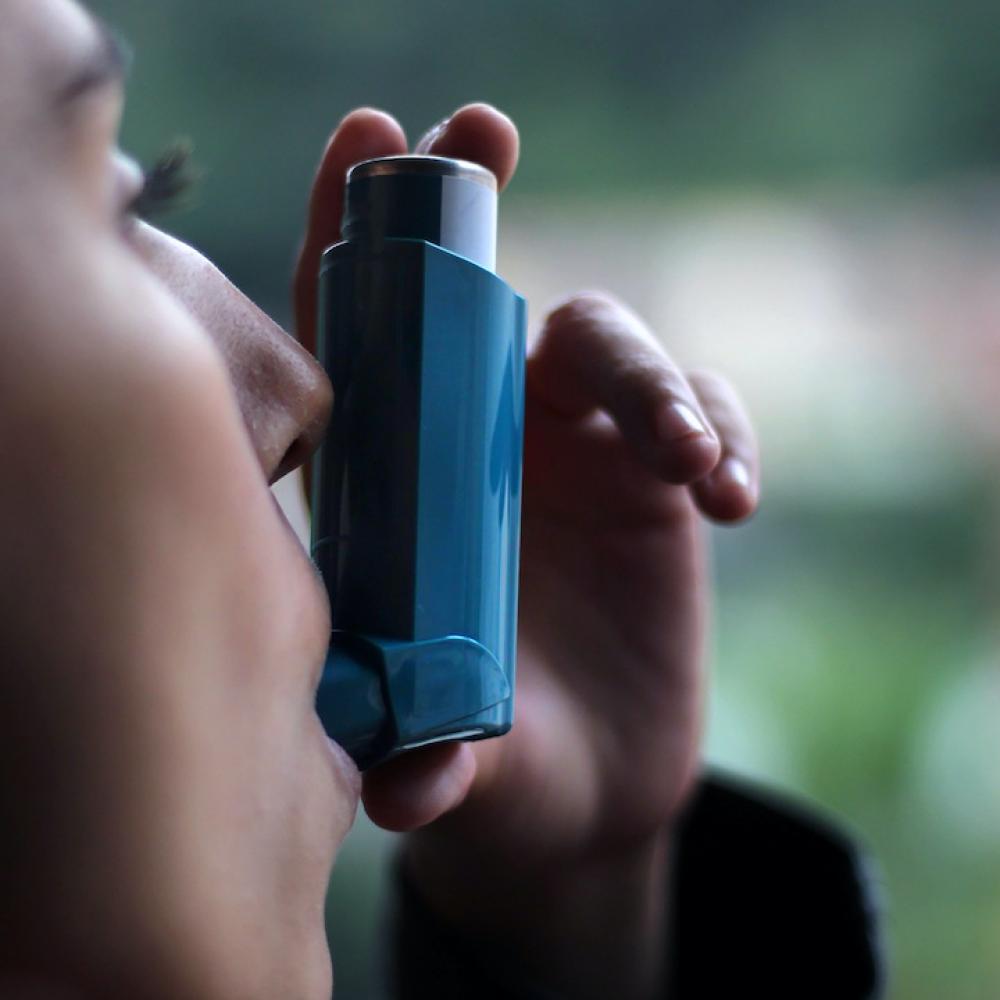Air pollution is a mix of natural and manmade substances found in the air. You can be exposed to air pollution both indoors and outdoors.
Outdoor air pollution
This type of pollution takes place in the natural environment and includes:
- Fine particles produced by combustion of fossil fuels (coal and petroleum used in car and energy production)
- Noxious gases (like sulfur dioxide, nitrogen oxides or carbon monoxide)
- Ground-level ozone (a form of oxygen that’s found in urban smog)
- Tobacco smoke
At the University of California Davis's Environmental Health Sciences (EHSC), many scientists work on analyzing outdoor air pollution. Dr. Wexler, who is a co-lead of the Center’s Exposure Core, has developed low-cost instruments to measure volatile chemical compounds as well as metals in the air.
Indoor air pollution
This type of pollution involves exposure to particulates, carbon oxides and other substances found in air or dust inside buildings and includes:
- Gases (carbon monoxide, radon)
- Chemicals found in household and personal care products
- Building materials (asbestos, formaldehyde, lead)
- Allergens (cockroach and mouse droppings)
- Tobacco smoke
- Mold and pollen
One approach to studying indoor air pollution involves analysis of house dust which contains such substances as plasticizers, fungicides, pharmaceuticals, food additives, and cosmetic ingredients. Dr. Deborah Bennett, who leads the Center’s Exposure Core, is currently leading an EPA-funded study on children’s ingestion of indoor dust.
What health problems are related to air pollution?
Air pollution is related to respiratory conditions (like asthma or lung disease), heart disease, preterm birth or other pregnancy-related problems and even death.
How can I reduce my exposure to air pollution?
Make sure your home and work space are well-ventilated and cleaned regularly to prevent buildup of dust and mold. Remove any pollutants or irritants like aerosols or strong cleaning supplies from spaces you frequent.
Check the Air Quality Index (AQI) to see how clean or dirty the air is, and don’t go outdoors if air quality reaches an unhealthy level.
Avoid driving in heavy traffic whenever possible. Stay away from secondhand smoke.
Is air pollution linked to climate change?
Yes, increasing temperatures due to climate change are directly linked to poor air quality. Severe storms can lead to an increase in plant growth and a subsequent explosion of pollens and molds. Severe wildfires can create smoke in the air as dense as any of the most polluted cities on Earth, even in places like California where strong laws protect the air we breathe.
Scientists say an increasing rise in ozone levels is also a concern.
This information is in part based on an article about air pollution by the National Institutes of Health.




